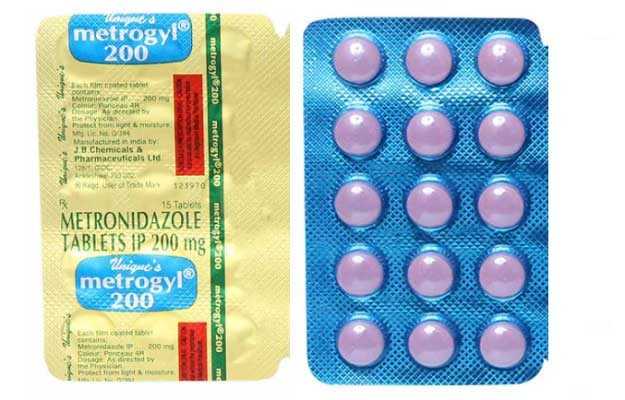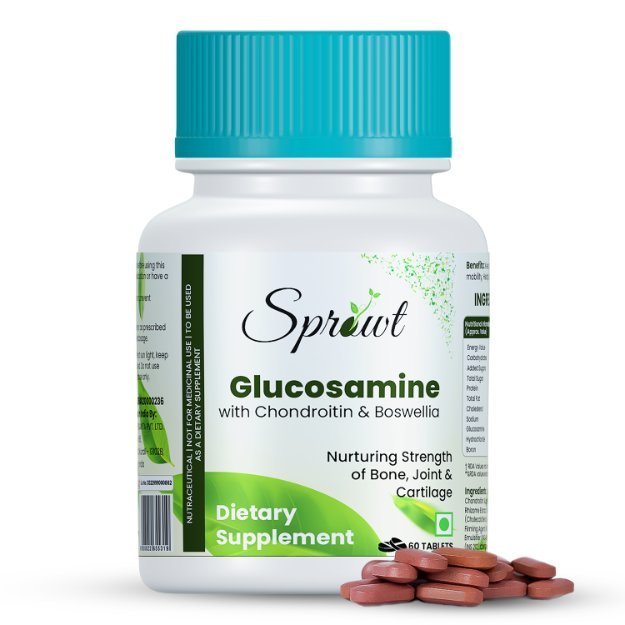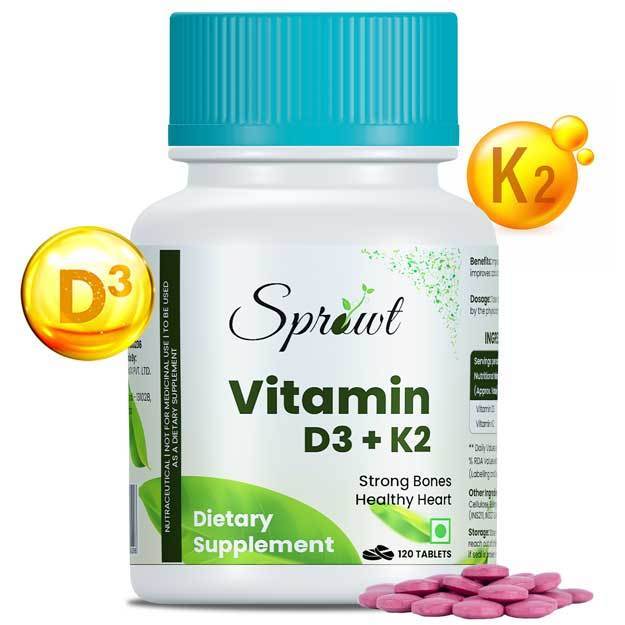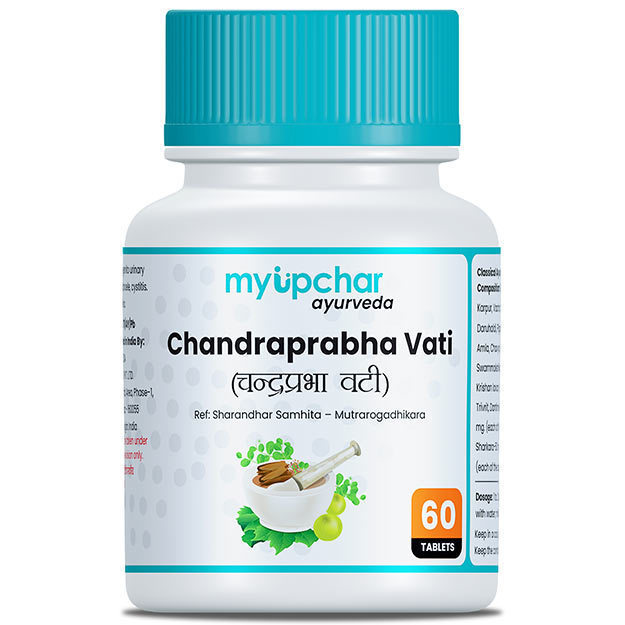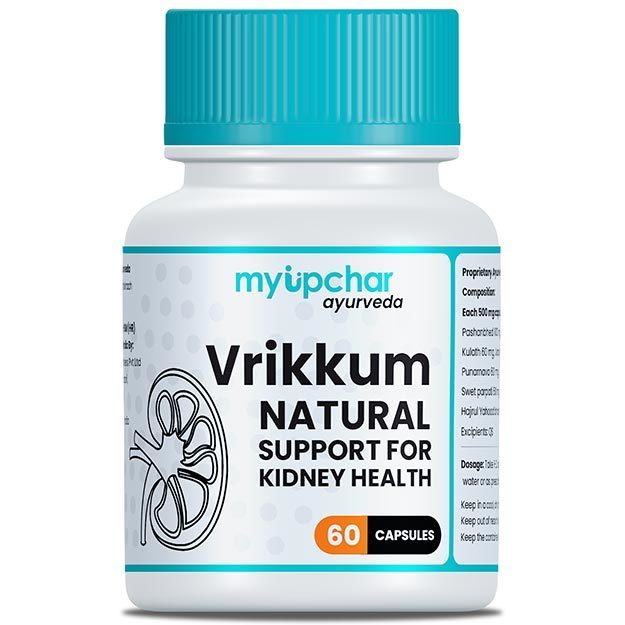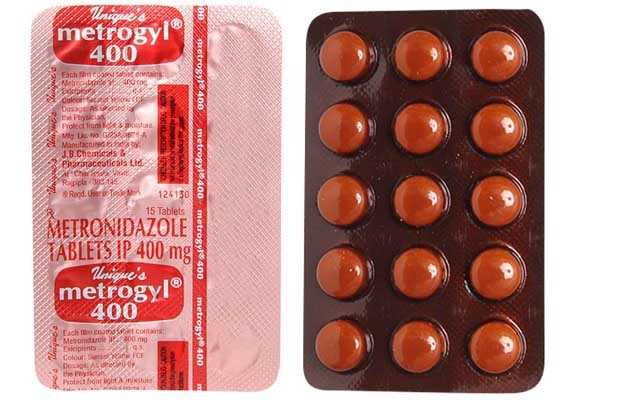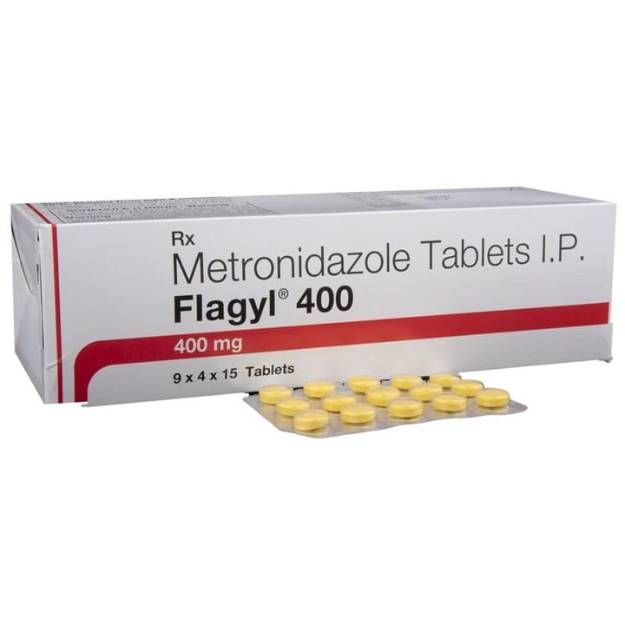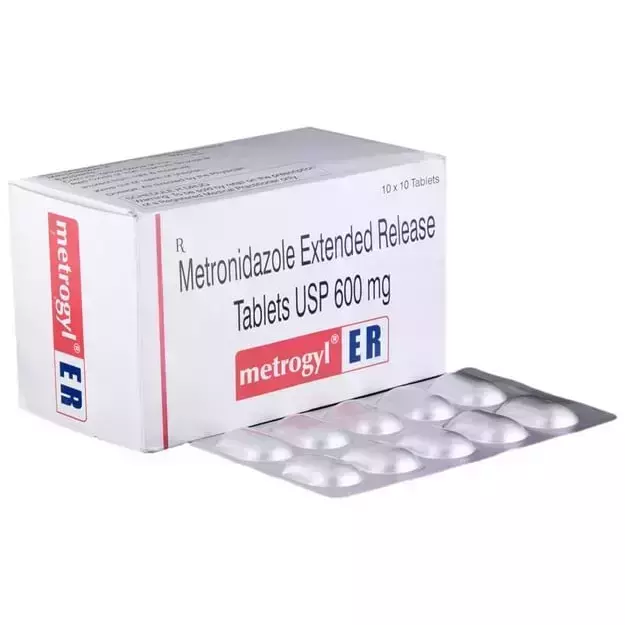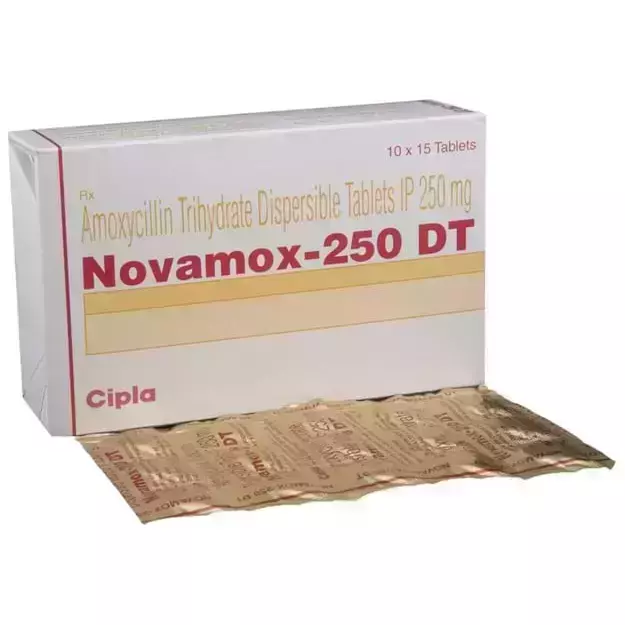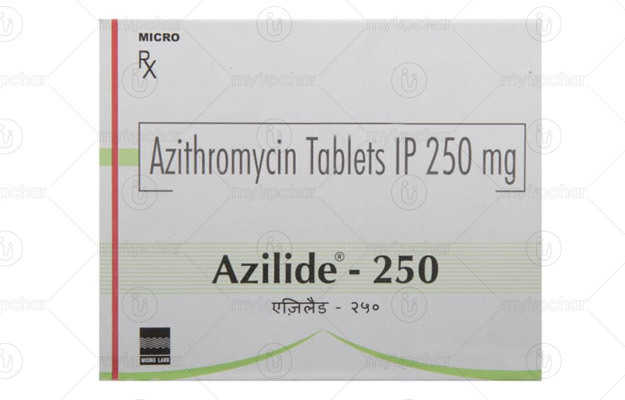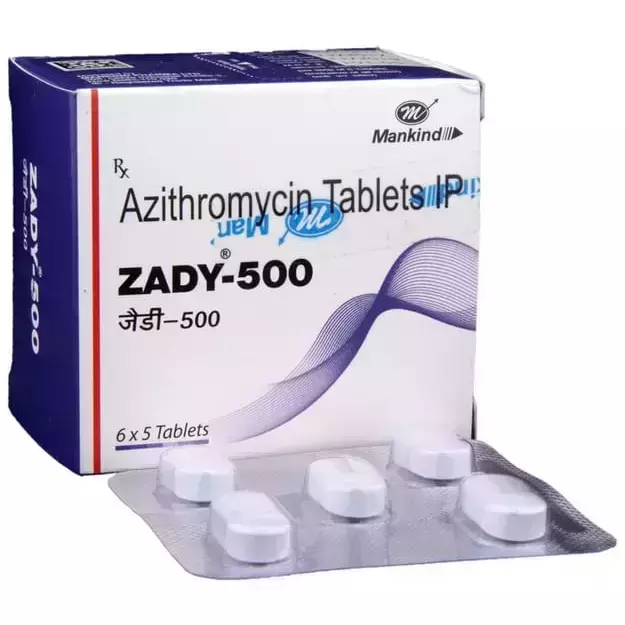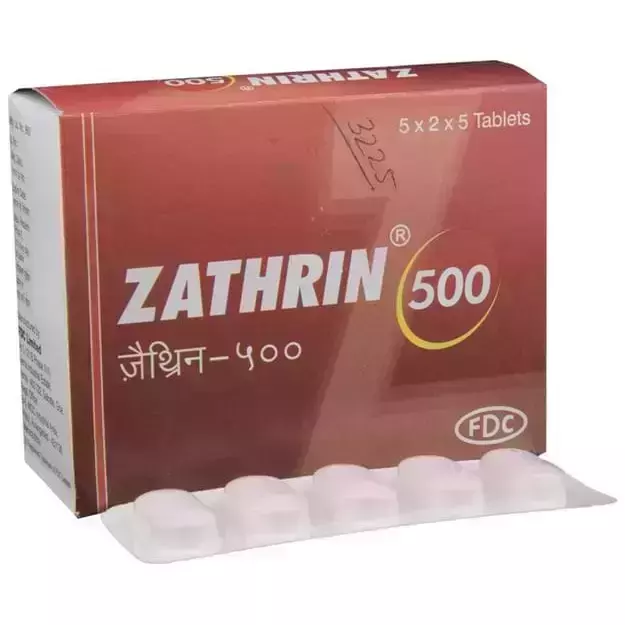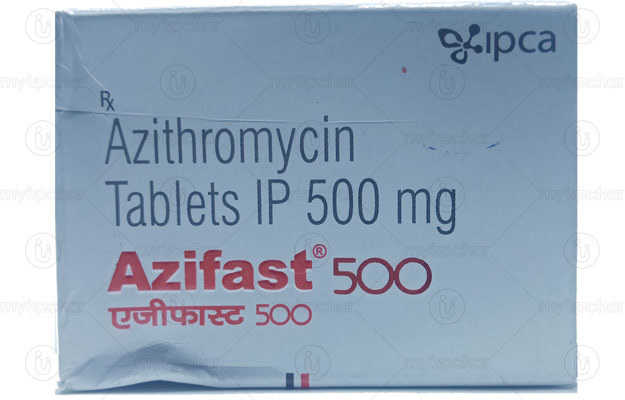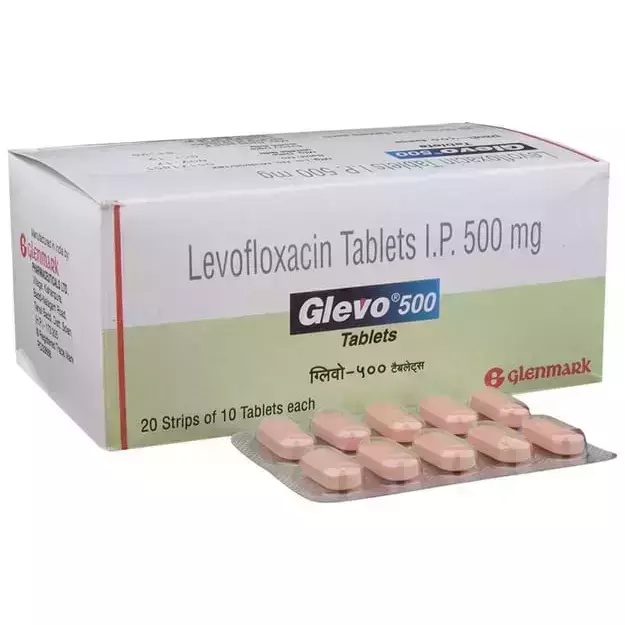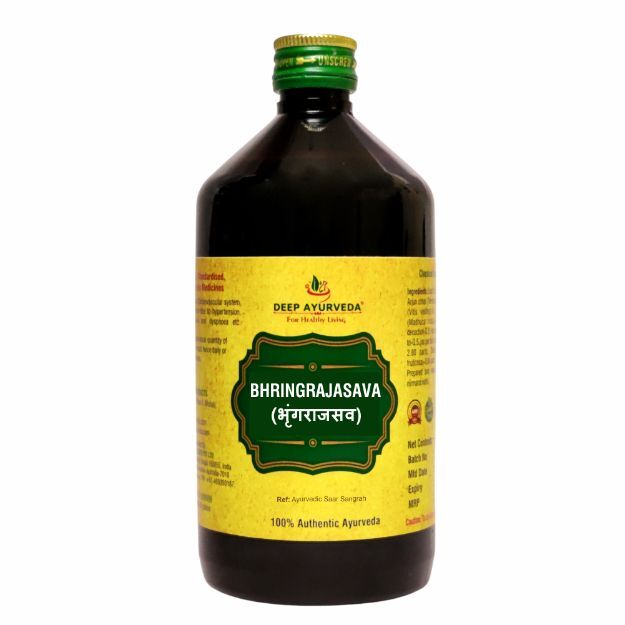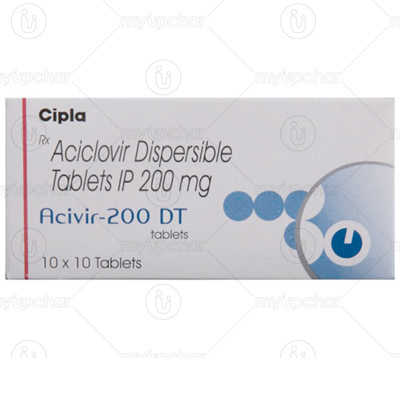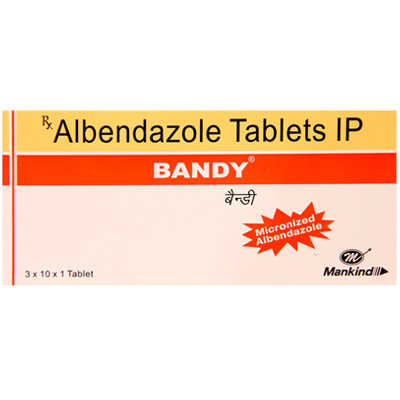Met is a prescription drug, available for use as Tablet. It is typically used for the treatment of Bacterial Infections, Stomach Infection, Amebiasis. Secondary and off-label uses of Met have also been mentioned below.
The optimal dosage of Met is largely dependent on the individual's body weight, medical history, gender and age. The condition it has been prescribed for, and the route of administration also determine the right dosage. Detailed information has been provided in the dosage section.
The side effects typically associated with Met include Nausea or vomiting, Headache. Some other side effects of Met have been listed ahead. Usually, these side effects of Met go away soon, and do not persist beyond the duration of the treatment. Consult your doctor if these side effects become worse or stay for a longer duration.
Met's effect during pregnancy is Safe and Moderate while nursing. It is important to know if Met has any effect on the kidney, liver and heart. Information on such adverse effects, if any, has been given in the Met related warnings section.
Met is contraindicated in people with pre-existing medical conditions like Liver Disease, Heart Disease, Peripheral Neuropathy as it can result in adverse effects. Other conditions have been mentioned below in the Met contraindications section.
Drug interactions for Met have been reported in the medical literature. Refer to the list below for further details.
In addition to the above precautions for Met, it is important to know that it is not safe while driving, and is not habit-forming.
X

